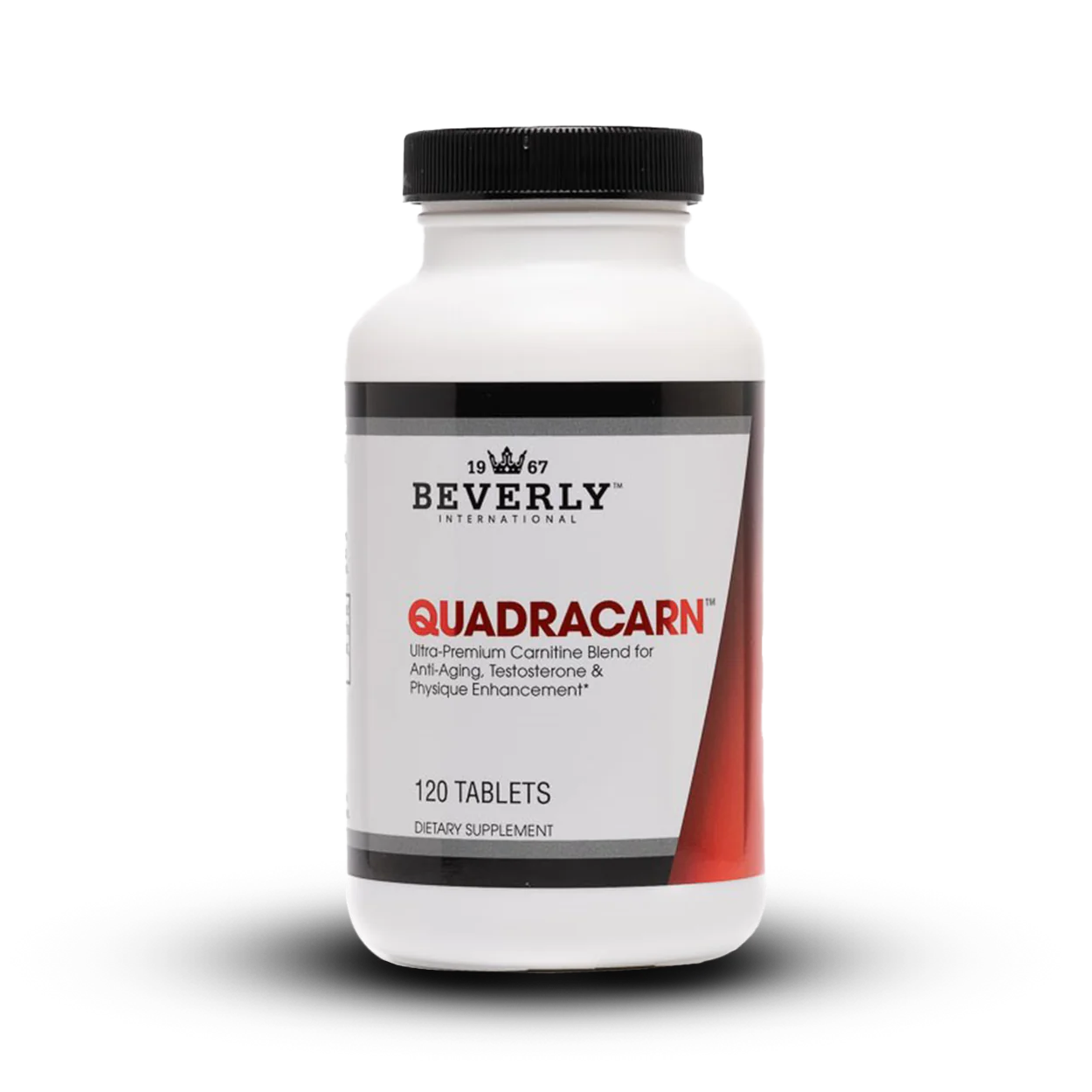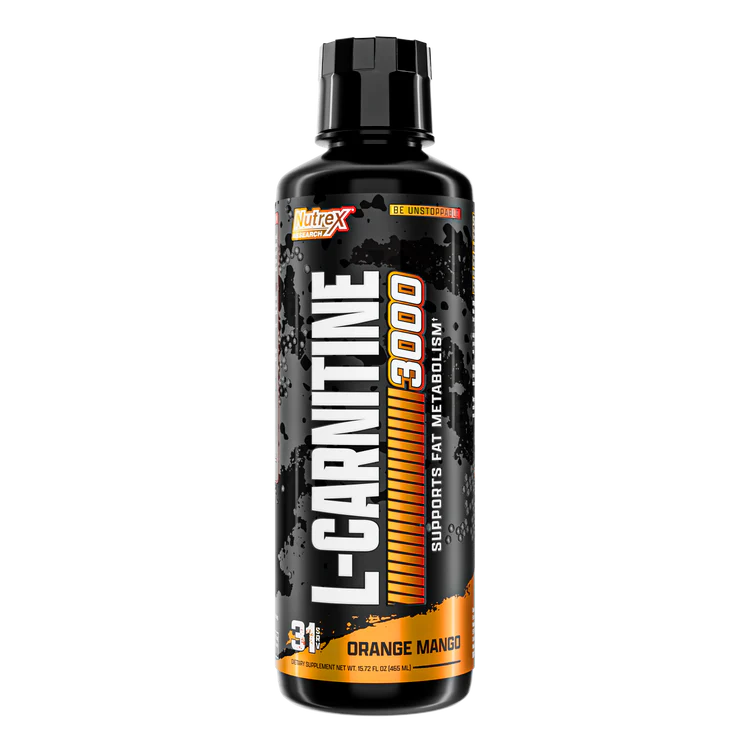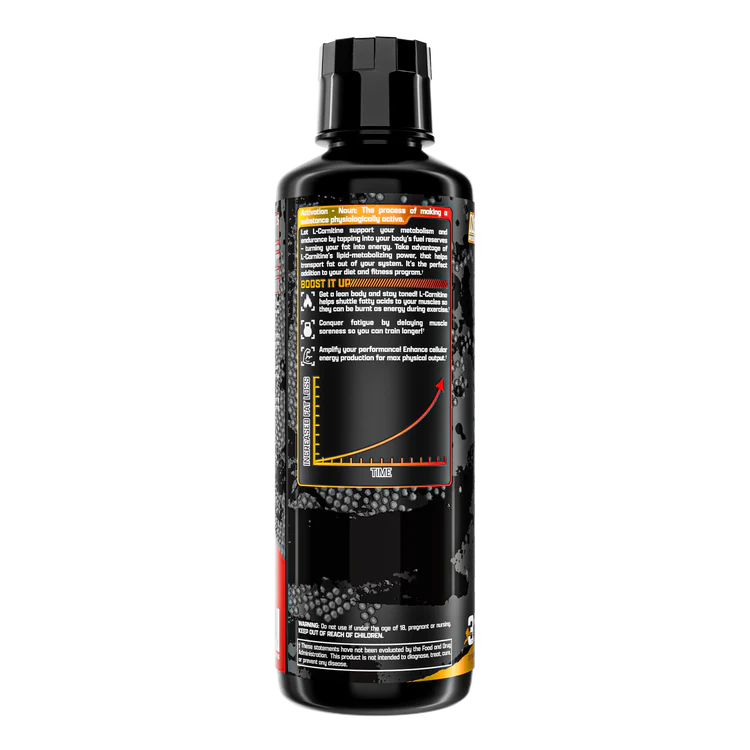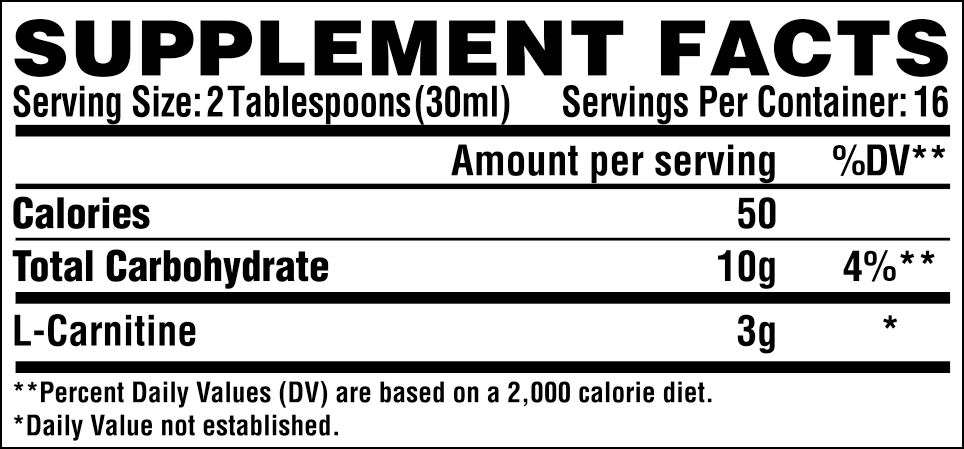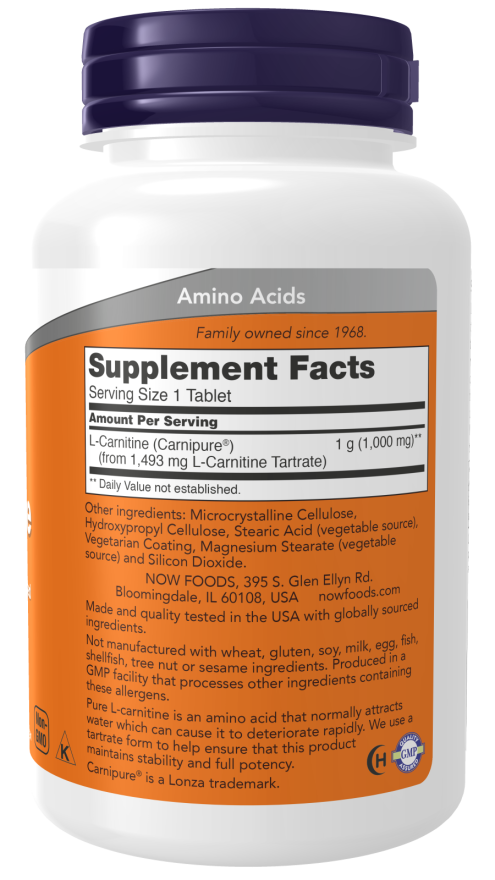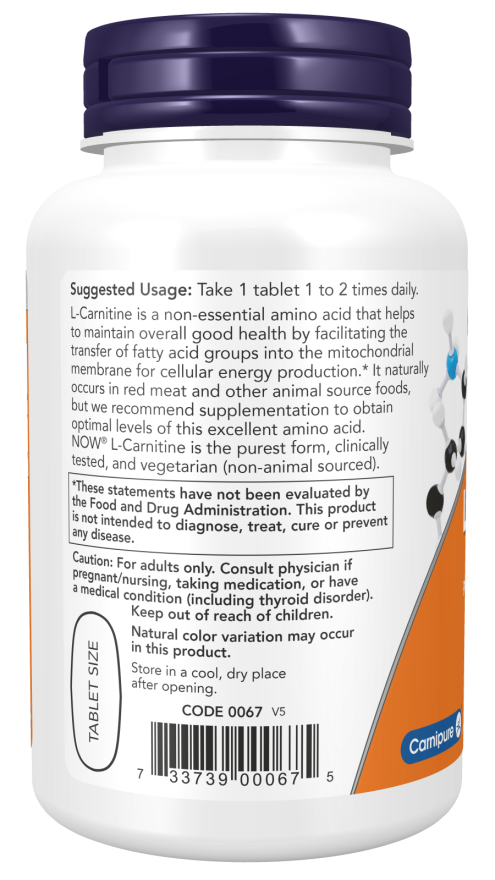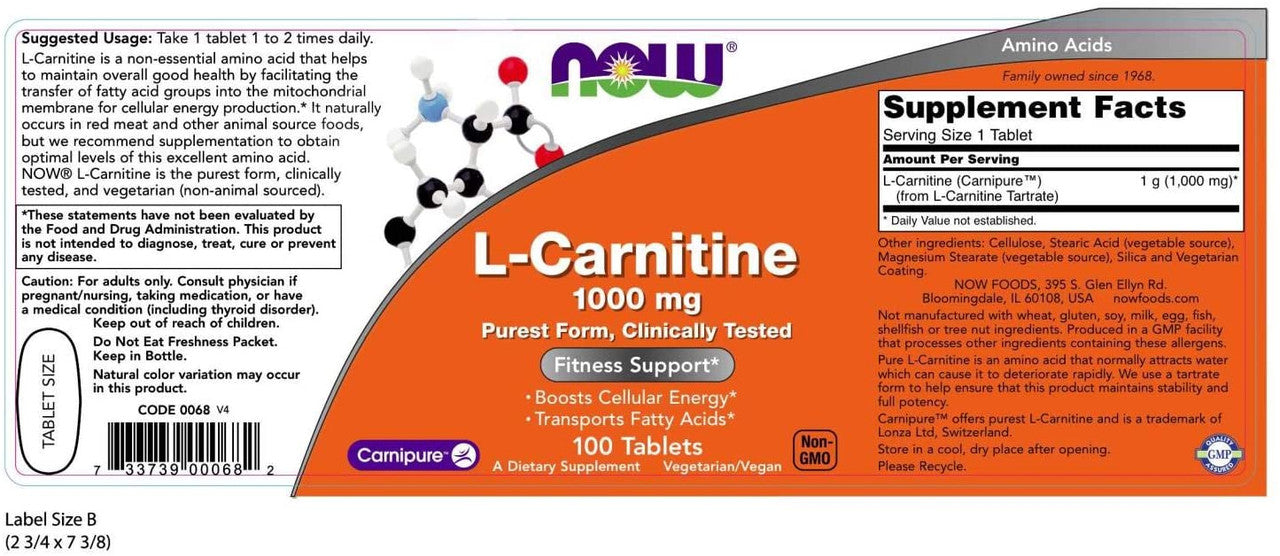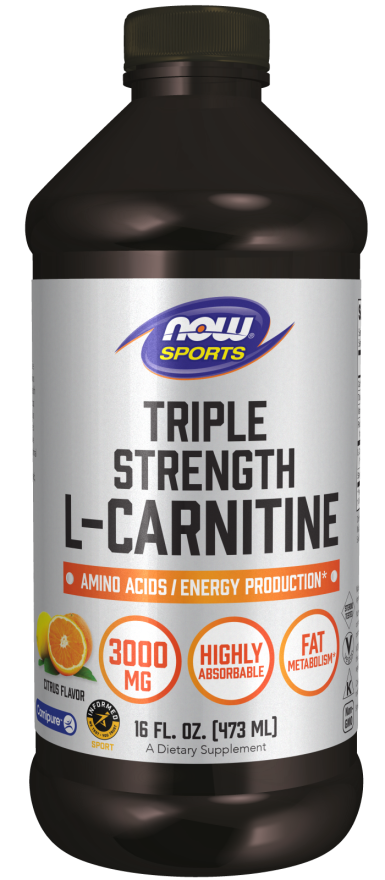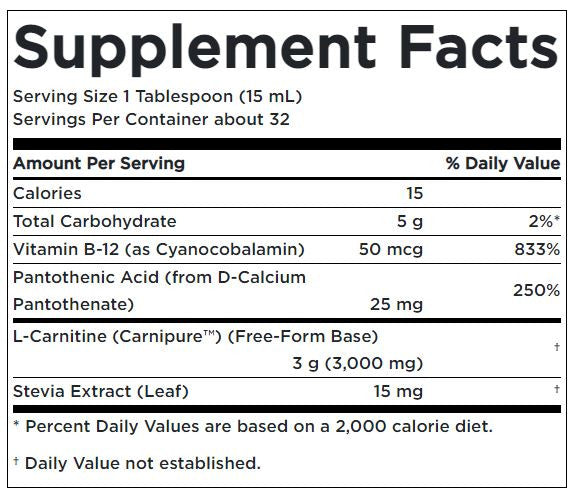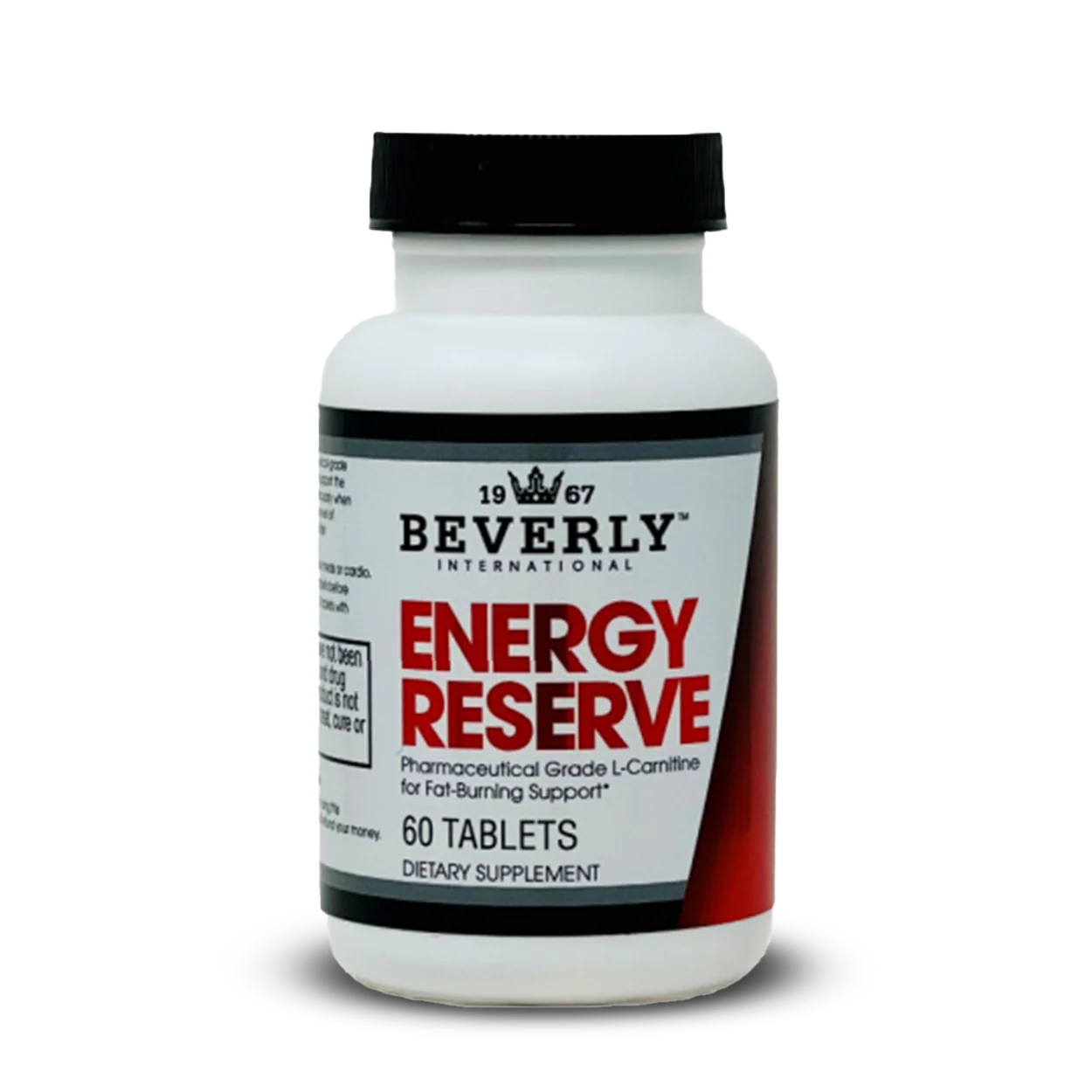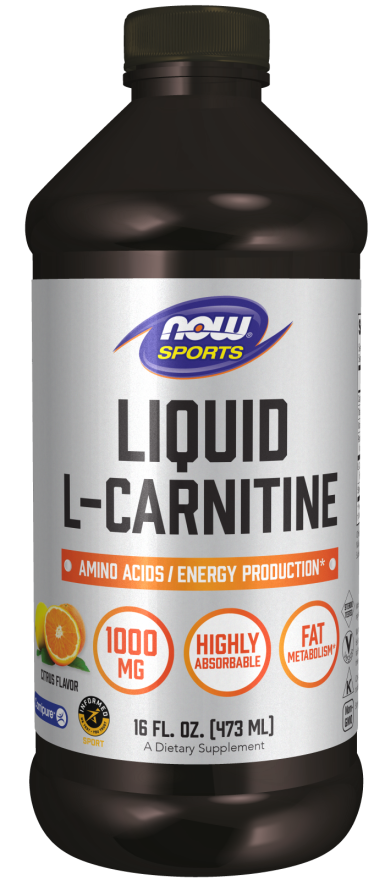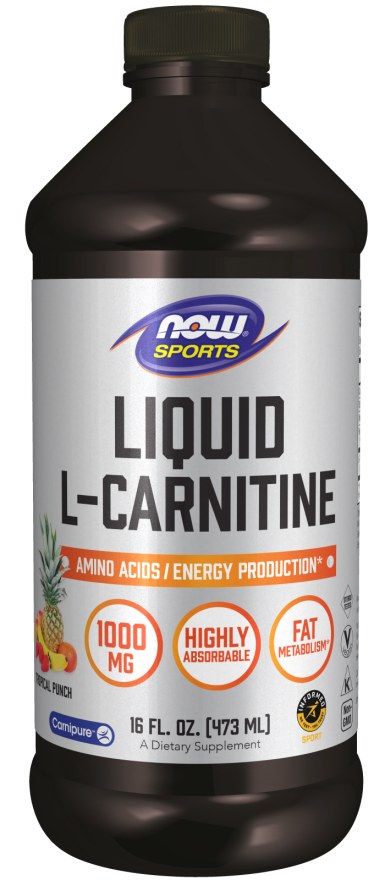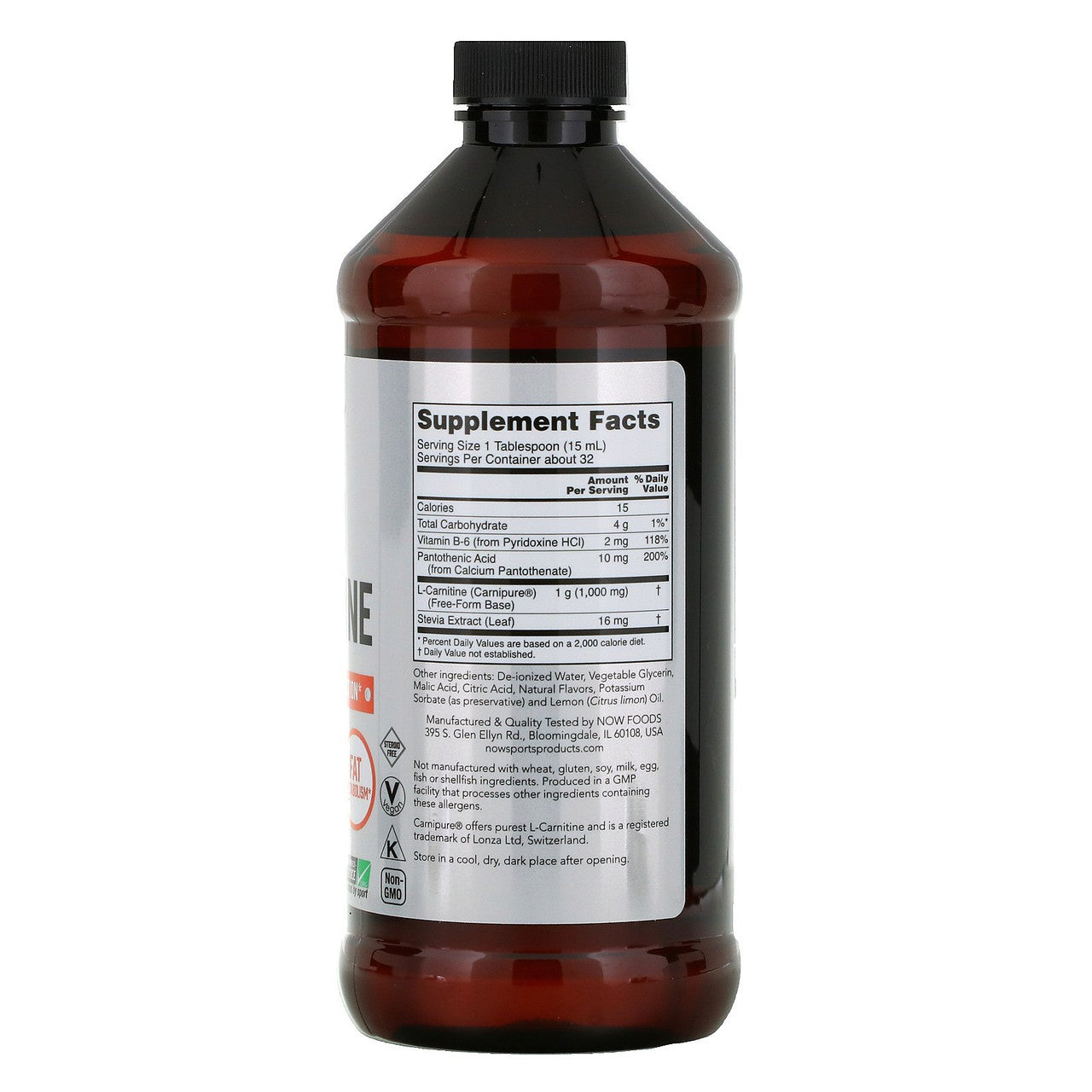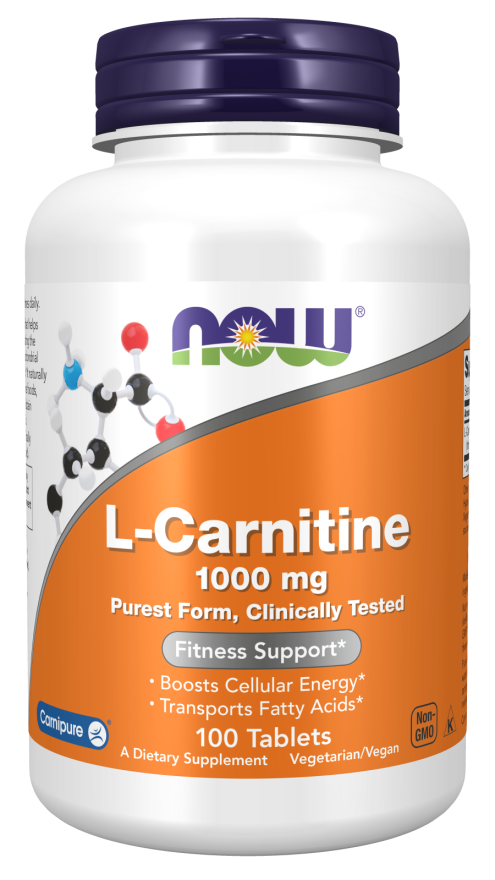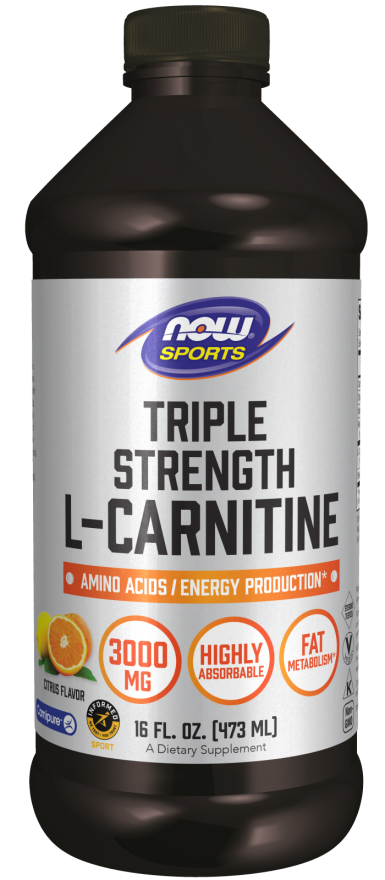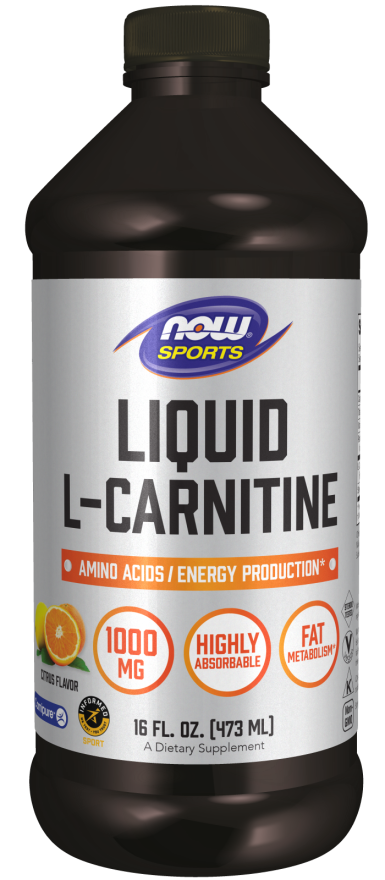1. What is L-carnitine and where does it come from?
L-carnitine, also known as carnitine, is made in the liver and kidneys. It is a quaternary ammonium compound synthesized from the amino acids lysine and methionine and performs some of the same functions, such as helping metabolize food into energy, transportation of fatty acids and consumption and disposal of fat in the body.
L-carnitine is synthesized in the body from the amino acids lysine and methionine and requires the presence of vitamin C for its creation. L-Carnitine is available as a high quality supplement from A1Supplements.com, as well as from natural and synthetic sources. It is also found in primarily in red meats (especially lamb and beef) and dairy products.
2. What does L-carnitine do and what scientific studies give evidence to support this?
L-carnitine transfers long-chain fatty acids, such as triglycerides into mitochondria (a cell's energy powerhouse), where they may be oxidized, releasing energy. L-carnitine is a very popular supplement that promotes fatty acid metabolism as well as growth and development. It is also used for fat-burning, increasing energy, and improving resistance to muscle fatigue. L-carnitine also helps to build muscle. It is also great in dieting, as it reduces feelings of hunger and weakness.
Studies have been conducted on L-carnitine since as early as 1937. In one study, L-Carnitine improved glucose disposal among 15 patients with Type II Diabetes and 20 healthy volunteers. Glucose storage increased between both groups, but glucose oxidation increased only in the diabetic group. Finally, glucose uptake increased about 8% for both.
Another study showed positive results supplementing L-carnitine for the body's cardiovascular system. Additionally, a number of studies suggest L-carnitine is useful in increasing the heart's output and improving it's functioning, as well as stimulating the heart's energy supply and supporting cardiac performance.
3. Who needs L-carnitine and how much should be taken? Are there any side effects or symptoms of deficiency?
Anyone deficient in protein or amino acids in their diet may potentially benefit from from increased fatty acid mobilization of L-carnitine supplementation. Pre-mature infants, vegan vegetarians, children, and breast-feeding women are likely to be deficient, making l-carnitine an important supplement for their growth and development.
Although deficiencies are rare, muscle fatigue, cramps, or pre-mature aging are all signs of a possible L-carnitine deficiency. Dosages between two and four grams of L-carnitine should be taken one hour before exercise, for two weeks to assess tolerance. Always follow the recommendations on the bottle.
The percentage of L-carnitine that is absorbed when taken via oral supplementation is much lower than that from food sources. In one particular study, it was shown that approximately 20% of orally supplemented L-carnitine is absorbed, with a bioavailability of roughly 15%.
Taking L-carnitine is very safe, although the DL form of carnitine may be toxic and is not recommended for supplementation.
4. What is Acetyl-L-Carnitine, what does it do and how does it differ from L-carnitine?
Acetyl-L-carnitine is simply an acetylated form of L-carnitine. It is claimed to provide several benefits including life extension. There may be some benefit in cases of end stage renal disease or peripheral arterial disease. When supplemented alongside Lipoic acid, it appears to reverse some of the damage to mitochondria associated with aging.
Acetyl-L-carnitine supplementation has been shown to be neuroprotective in instances of cerebral ischemia, periphiral nerve injury, and to be beneficial in the treatment of Parkinson's disease in animal studies. Supplementation with Acetyl-L-carnitine has also been shown to reverse syptoms associated with mental decline in the eldery and is being researched in the treatment of Alzheimer's disease.
Published with permission, original ©
These statements have not been evaluated by the Food and Drug Administration. This product is not intended to diagnose, treat, cure, or prevent any disease.








